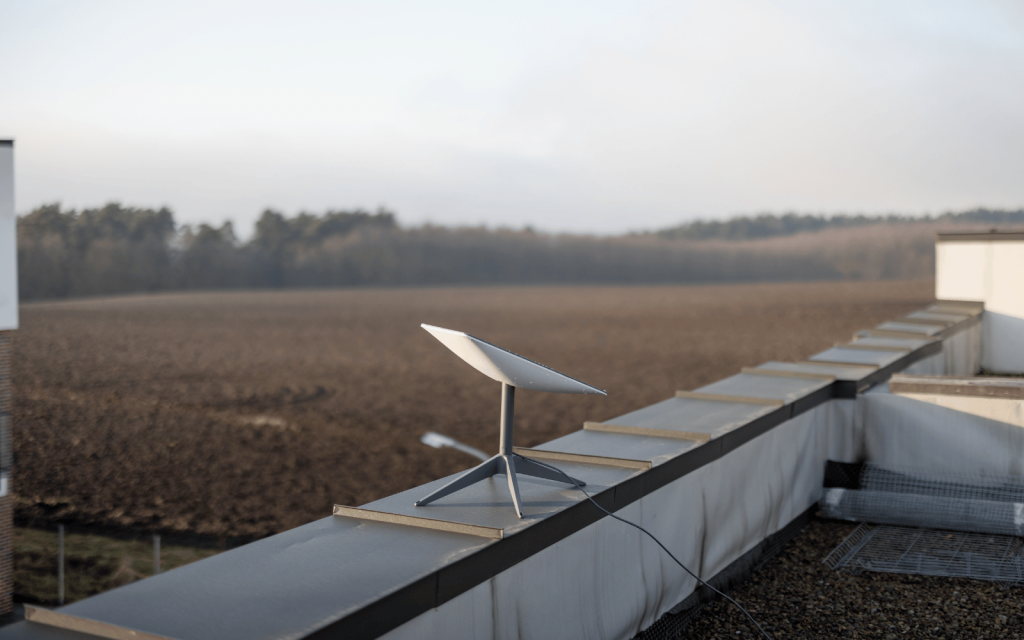Elon Musk’s low-orbit satellite internet service Starlink might get its chance to officially set up shop in South Africa as soon as the Department of Communications and Digital Technology cuts some regulatory red tape. Once finalised, the internet provider may begin operations as soon as mid-2025.
A hurdle many international telecommunications companies have faced with their entry into the South African market has been the Electronic Communications Act. The Act requires applicant companies to hold at least 30% ownership by historically disadvantaged groups, intended to protect local companies from being steamrolled by giant corporations.
Stars aligning for StarLink
In October, DCDT Minister Solly Malatsi announced plans for changes to BEE rules. Malatsi proposes an ‘equity equivalence system’ that would allow international companies to contribute to local markets in other ways like donations to charities and initiatives for underprivileged communities.
A DCDT spokesperson relayed the next steps, starting with a notice that will be published in the Government Gazette early next year, inviting public comment on the new policy. The final policy should be issued in mid-2025, though the spokesperson warned of possible delays due to the complexity of the telecommunications sector.
Political support for Starlink has also gained significant momentum. Satellite technology has proved key to providing internet connection to remote communities at a relatively low cost. Icasa has been working on revising its licensing framework for satellite network companies because of this. This was undoubtedly a topic of discussion when President Cyril Ramaphosa met Elon Musk in New York in September.
Starlink has already engaged in multiple talks with the Independent Communications Authority of South Africa (Icasa) and has already launched in Zimbabwe, Botswana, and Mozambique. For most South Africans, this low-cost high-speed internet solution can not come soon enough.




